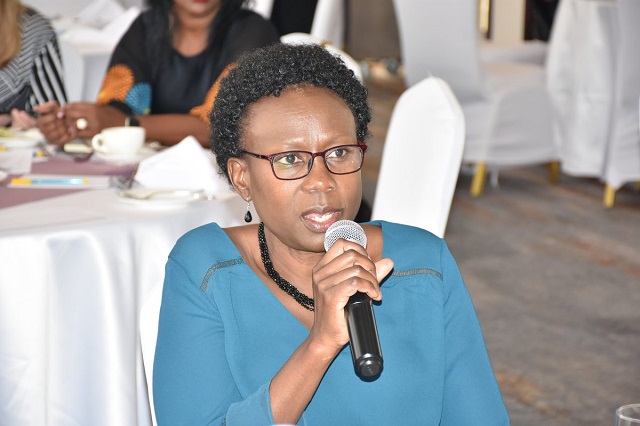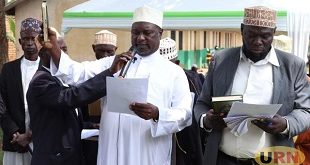
Kampala, Uganda | THE INDEPENDENT | Uganda needs 64 billion shillings for its Ebola preparedness and response plan.
According to the plan, there is a decrease of 5 billion shillings from the original plan that was launched in August 2018 following an outbreak of Ebola in Butembo North Kivu located 50 km away from Kasese district. A total of 68.8 billion (USD 18.6) was invested into the first plan.
Unlike the first plan that mainly catered for keeping the disease out of the country, the second plan will also cater for response plans in addition to keeping Uganda free from Ebola.
The biggest proportion of the budget will go towards case management and infection control budgeted at 18.0 billion shillings, Water, Sanitation and hygiene activities at 17.0 billion.
Others include expenditure on risk communication and community engagements has been budgeted at 14.3 while surveillance and laboratory support has been allocated 7 billion shillings, coordination and leadership 1 billion Ebola disease vaccination and investigational therapeutics- 1.7 billion and mental health and psychological support at 1.2 billion and among others.
Dr Jane Ruth Aceng says that in the second plan, priority will be given to community mobilization and sensitization.
Dr Aceng says the new plan heavily relies on people watching their neighbours and informing health officials as soon as the need arises. She says communities are going to be continually sensitized about the disease.
According to the health ministry, Uganda is expected to contribute 1.4 billion shillings towards the new budget. Part of the money, 430 million shillings was disbursed to Kasese as part of government’s response to the three confirmed cases.
The 1 billion shillings will go towards providing security at all border posts to make sure that people are kept safe and few people enter the country without detection.
In June 2019, Uganda confirmed three cases of Ebola that had crossed from the DRC. According to the health ministry, 93 contacts were located with the help of people living in community.
Dr Yonas Woldermariam, the WHO representative says that Uganda is still at risk of Ebola with the ever-increasing trend of the disease in DRC. He says that without help from the community, it will be next to impossible to being able to keep all Ugandans safe.
*****
URN
 The Independent Uganda: You get the Truth we Pay the Price
The Independent Uganda: You get the Truth we Pay the Price



